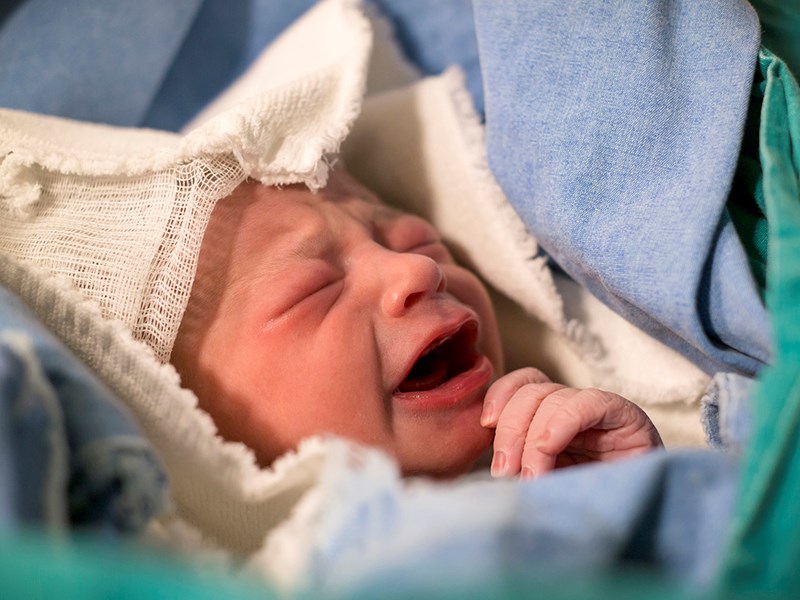Life is a circle that begins with a baby’s cry and ends with our last breath. Every step of the way we find ourselves in a relationship, not just with our parents, or other dear ones, but to the natural world we were born into.
Modern living tends to separate us from the reality of our dependence on the land and water, but that relationship remains vital in the truest sense. What would life be without food that the soil grows, and water that makes its way through all its cycles to our glass?
The energy we need to move around, to think, and to keep warm all come from this spinning planet’s resources, and we are consuming them faster than they can regenerate. It’s easy to do that when we become disconnected from what it takes to bring food to our plate, clothes to our body, or energy to our home.
Changes in the weather, species extinction, loss of rainforests, and depleting natural resources are waking us up to our impact, though. More and more of us are realizing the choices we make matter, and they affect the health of the land that sustains us. So how do we effect positive change?
While there are many changes we can make that reduce our planetary footprint, some of the biggest include shifting what we eat, how we travel and what we wear.
More plant-based meals, and particularly less red meat in our diet, lightens our greenhouse gas production in a significant way. If this feels like a big transition, start with the Meatless Mondays tradition, and learn how to incorporate satisfying meat-free meals into your rotation. Preventing food waste in our fridges and composting food scraps are also big ticket items for reducing GHG emissions.
Air travel packs a punch, so opt for less frequent, longer trips where possible, and consider trips closer to home that can still help you unwind and feel replenished.
Shifting our clothing habits is surprisingly significant, too. Choosing secondhand clothes and buying quality clothing that lasts keeps us from the voracious appetite the fast fashion industry has on global resources.
Consuming less and more consciously does not mean living a half life. It can be a relief to have less stuff to manage, and you get to appreciate more deeply what you do have. Habit changing can feel challenging at first, but also inspires creativity and a new perspective that can be refreshing.
Enjoy knowing you are becoming part of a sustainable loop.
Let’s Talk Trash is qathet Regional District’s waste-reduction education program.



